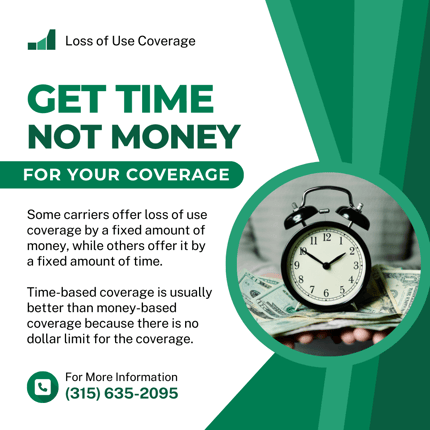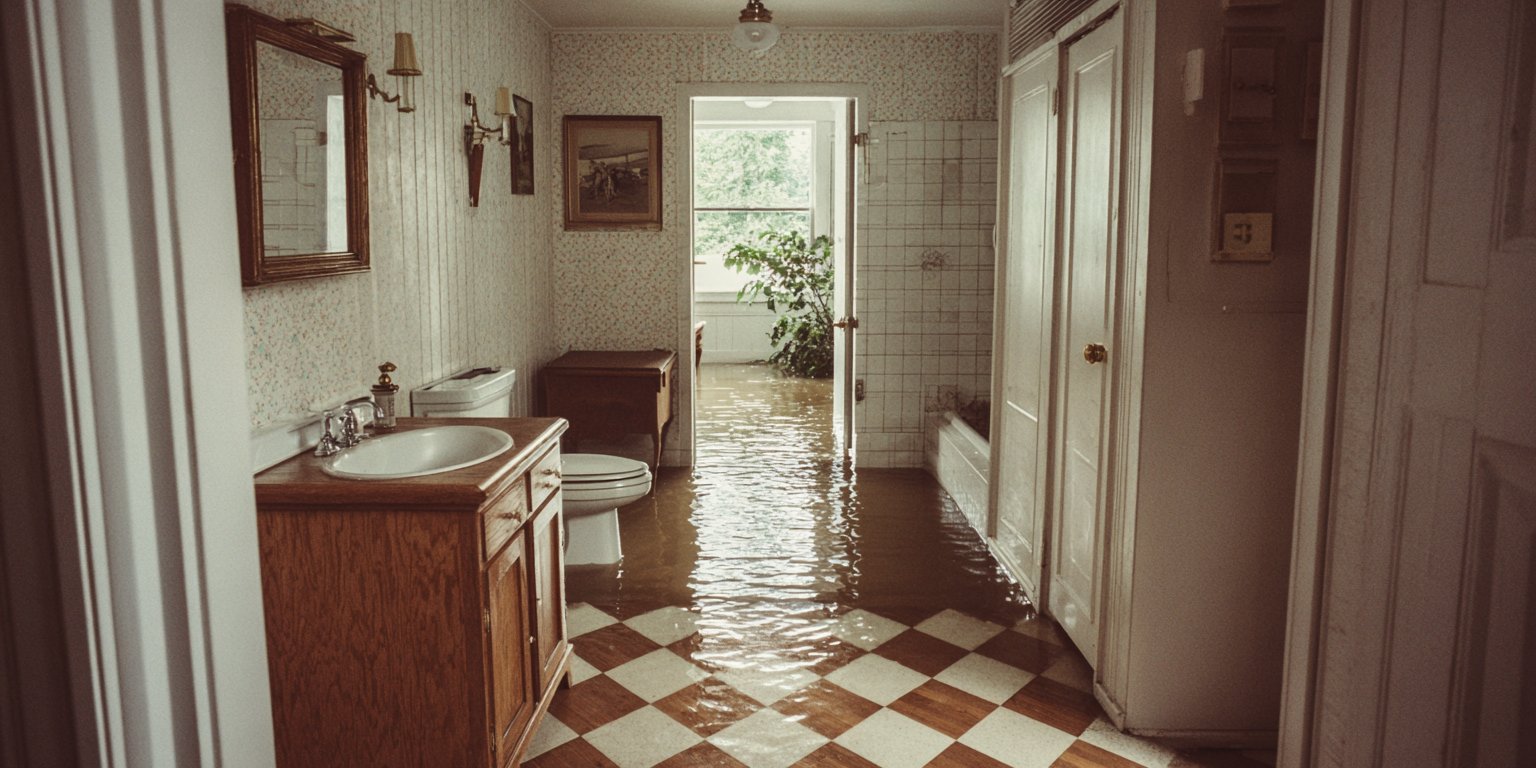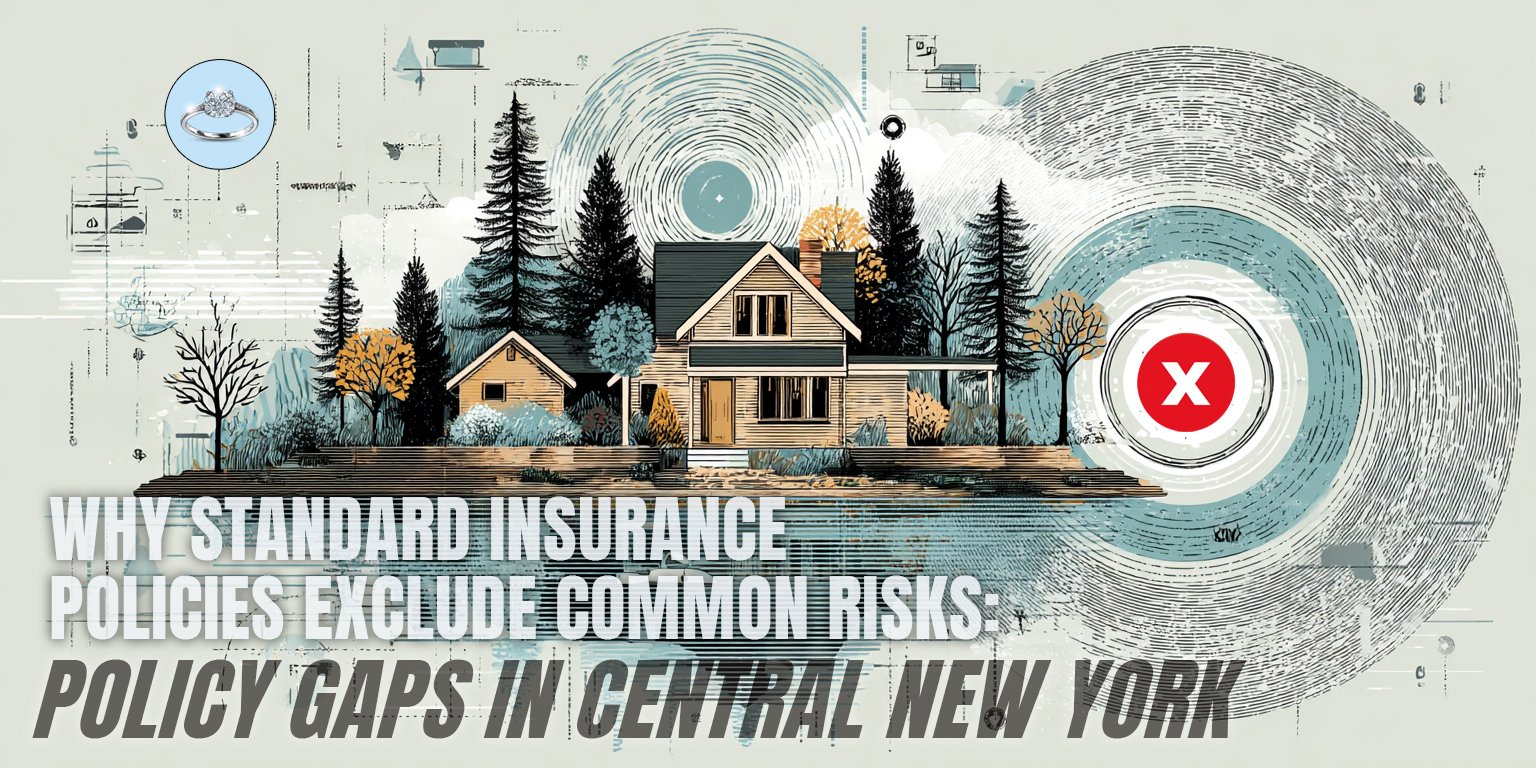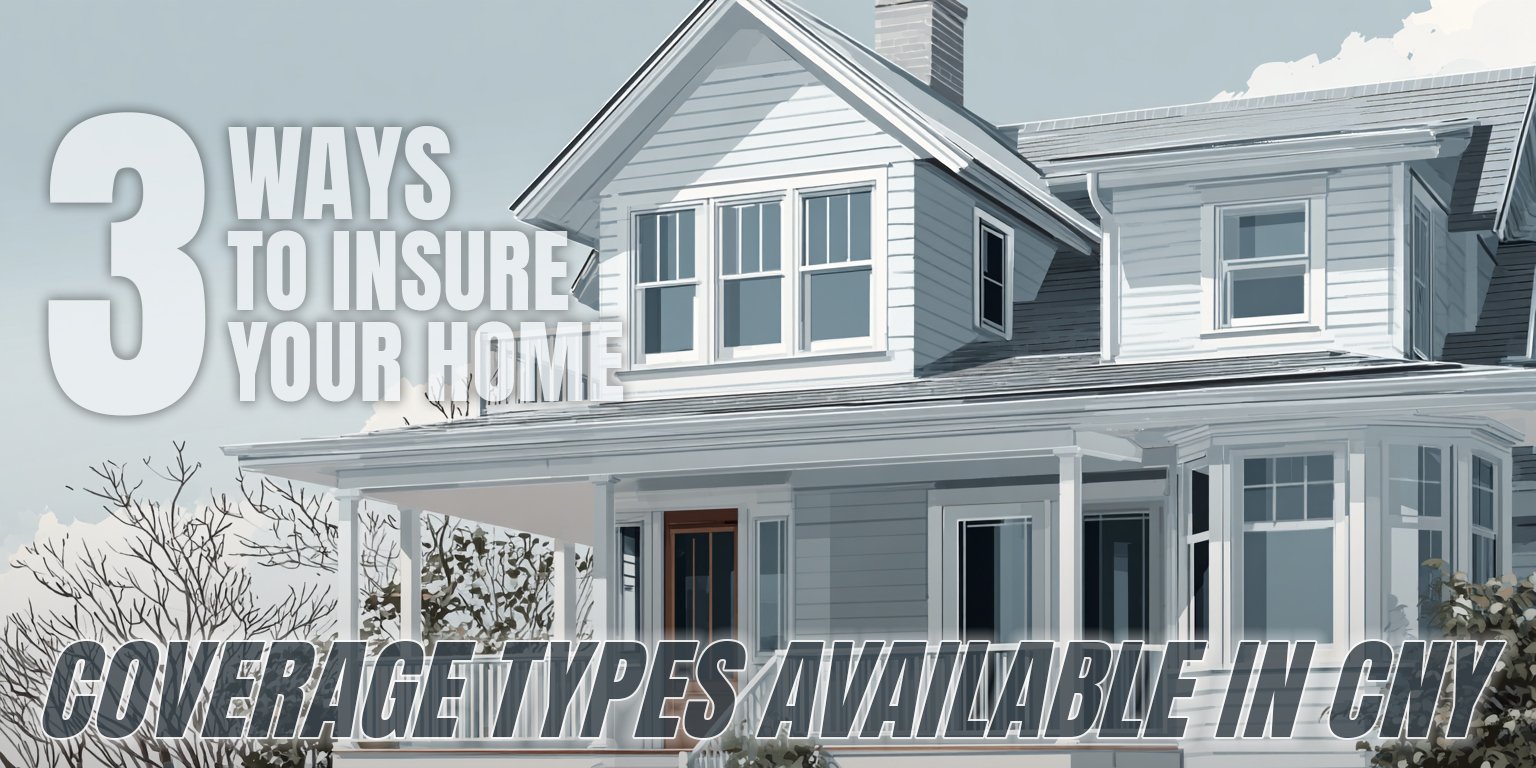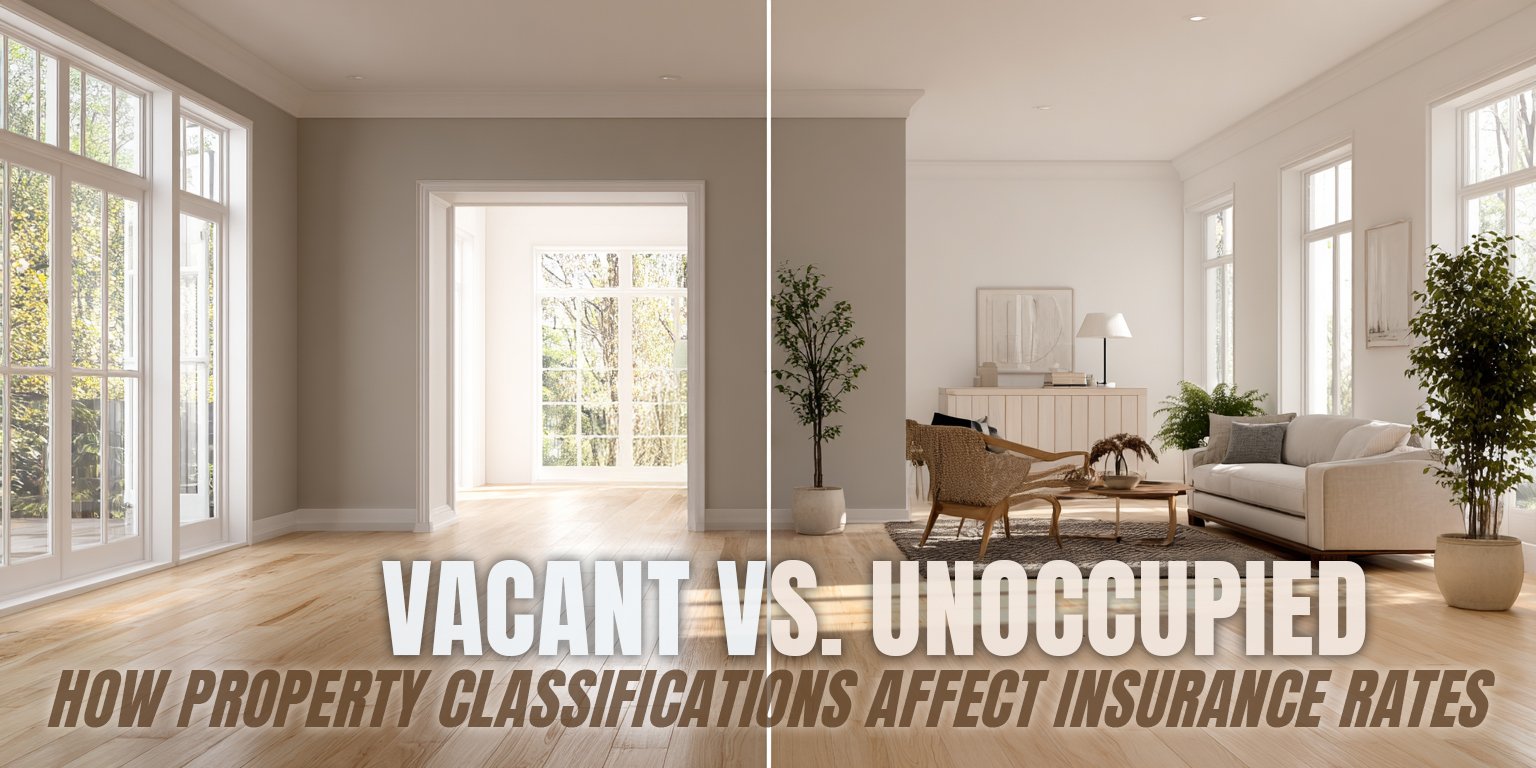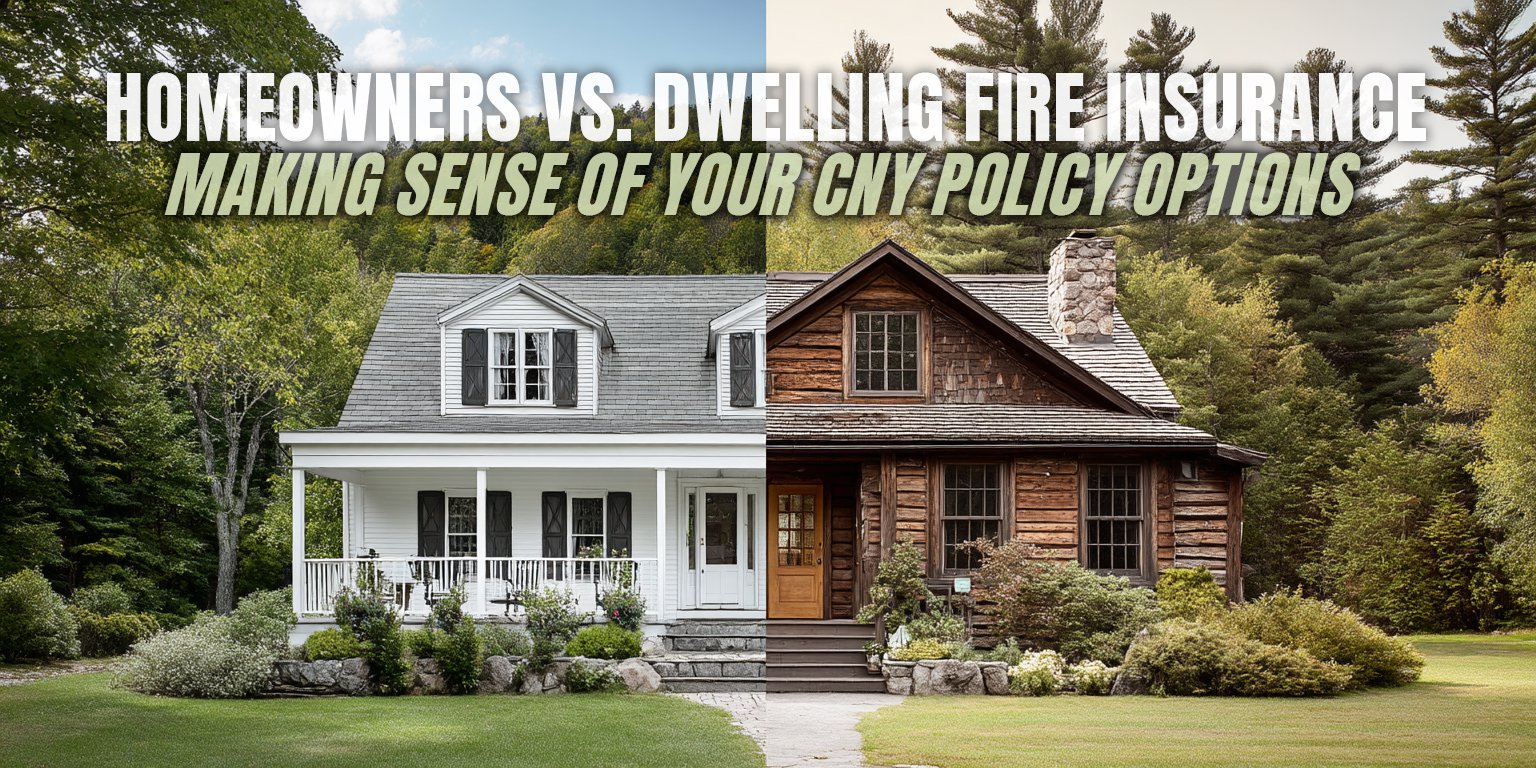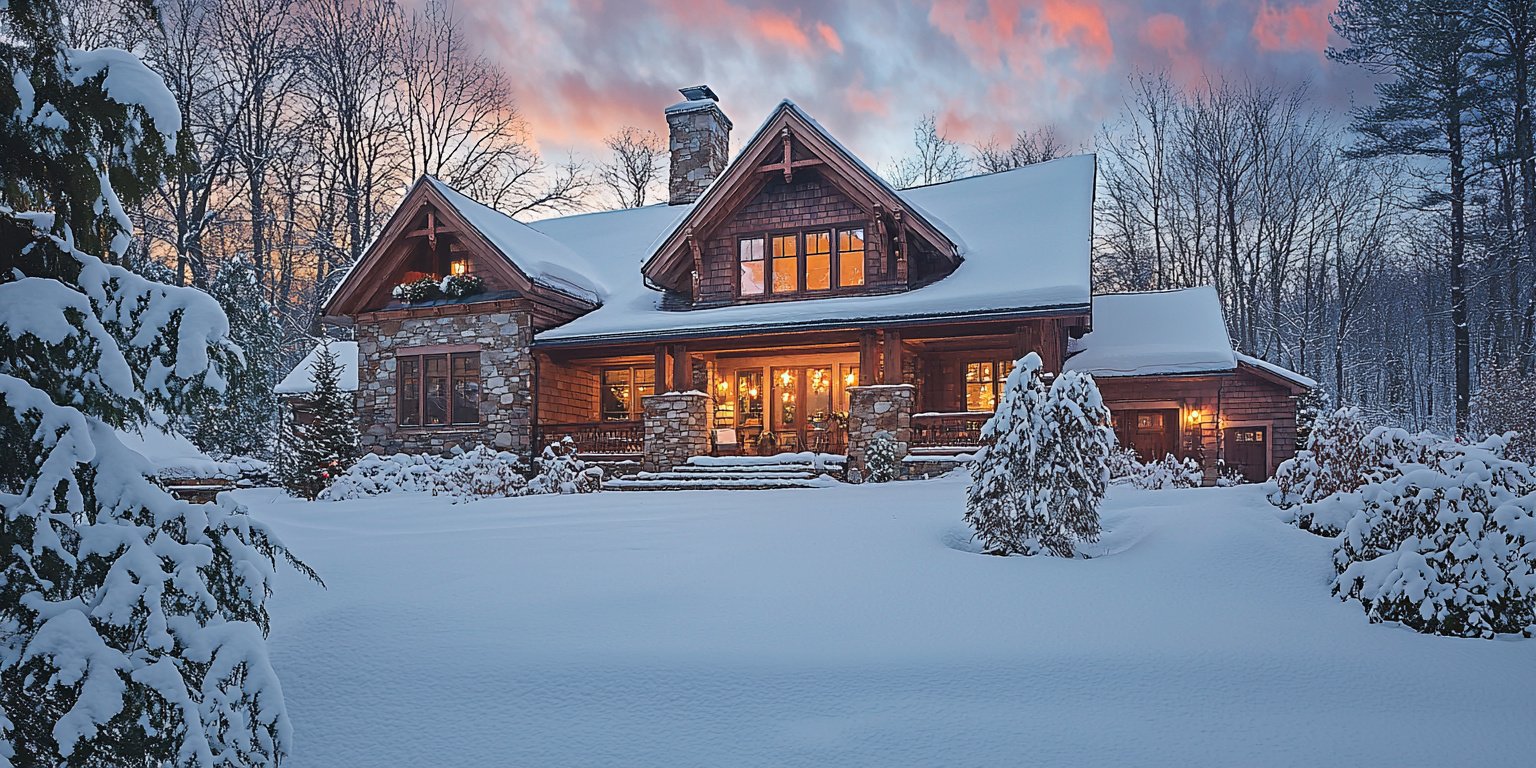A Guide to Insuring a Condo in Central New York
October 11th, 2023
6 min read

Your condo in Central New York is more than just a place to live. It’s a reflection of your style, your taste, and your personality. It’s also a valuable asset that you want to safeguard from any potential harm.
But, finding the right insurance policy for your condo can be confusing and overwhelming. You don’t want to overpay for coverage that you don’t need. You also don’t want to underinsure your condo and risk losing everything.
That’s where the Horan agency comes in. We are the condo insurance specialists in Central New York. Over the years, we’ve helped many homeowners like you purchase tailored condo insurance policies. We have the experience, the knowledge, and the resources to help you find the perfect policy for your condo.
In this article, we will explain how condo insurance works, what it covers, and how much it costs. We will also give you some tips on how to choose a policy that is right for your situation.
What Is Condo Insurance?
If you own a condo in Central New York, you need to protect your investment with the right insurance policy. Condo insurance is a type of insurance that covers your personal belongings and the interior of your condo unit in case of damage or loss caused by fire, theft, vandalism, or other perils.
Condos can be found in low-rise or high-rise buildings, and they can have neighbors above, below, or on either side of them.
A typical condo policy should cost between three and five hundred dollars per year. If you pay more than that, you may want to look for a better deal.
The difference between a condo and an apartment is simple: you rent an apartment, you own a condo. Developers can buy an apartment complex and sell each unit as a condo. Nothing changes except the ownership.
But a condo policy is similar to a renters policy. It covers your personal property and liability, not the structure of the building. The building is covered by a master policy from the homeowners association (HOA).
How Condo Owner Improvements and Betterments Coverage Works
But you should not assume that your personal property is enough coverage for your condo. You may have made improvements to your condo, such as
- granite countertops,
- hardwood floors, or
- lighting fixtures.
These are not personal property, but part of the structure. They are not covered by the HOA master policy.
They are your responsibility.
Make sure you have enough coverage for the improvements and enhancements you have made to your condo. You need to add them to your policy as a special endorsement or rider.
This is called condo owner improvements and betterments.
You need to estimate how much these improvements and betterments are worth and choose a coverage limit accordingly.
We can help you with that by using the square footage of your unit as a guideline. We can calculate how much it would cost to rebuild your condo with the same quality and features as before.
For example, for a 1,200-square-foot condo, you may need between $80,000 and $100,000 in improvements and betterments coverage. This will ensure that you have enough coverage for all the building materials and labor costs involved in restoring your condo.
Condo insurance is usually cheaper than home insurance per square foot because it covers less of the structure. You don’t have to worry about the foundation, basement, roof, siding, or other exterior parts of the building.
These are covered by the HOA master policy, but more on that in the next section.
You only have to cover the parts of your condo that you are responsible for and that you have improved or enhanced.
Know Where Your Responsibility Begins and Ends in Your CNY Condo
You need to know where your responsibility begins and ends in your condo. Some HOAs cover everything up to the studs, which are the wooden frames that support the walls.
Some HOAs cover everything up to the drywall, which is the material that covers the studs. Some HOAs cover only the exterior walls, roof, and common areas, and everything inside your unit is yours.
Check your HOA bylaws and declarations to find out what they cover and what you need to cover.
Your responsibility is everything that is not covered by the HOA master policy. This can include
- drywall,
- plumbing,
- electrical,
- paint,
- wallpaper,
- fixtures,
- blinds,
- curtains,
- built-in appliances,
- countertops,
- cabinets,
- and more.
These are part of the structure of your condo, not your personal property. You need to insure them separately from your personal property.
Insuring Other Structures with Your Condo Insurance Policy
If you own a detached garage or carport that is deeded to you, you need to cover it with your condo policy as well. This is called other structures coverage. It covers the cost of repairing or replacing these structures if they are damaged or destroyed by a covered peril.
You need to estimate how much these structures are worth and choose a coverage limit accordingly. An independent insurance agent can help you do this.
Not all condo owners have a detached garage or carport. But if you do, you need to make sure it is included in your quote. Look for the spot where you can add other structures coverage to your policy.
If you don’t have a detached garage or carport, you can ignore this coverage. It is usually the only type of other structure that a condo owner may have.
Adequate Liability and Loss of Use Coverage for Your CNY Condo
You also need to think about the liability and loss of use coverage for your condo. Liability coverage protects you from lawsuits if you cause damage or injury to someone else in your condo or in the complex. Loss of use coverage pays for your living expenses if you have to move out of your condo temporarily due to a covered loss.
Liability Coverage
Condo owners have a higher risk of liability claims than single-family homeowners. This is because a condo is part of a larger building that has many other units and people. If something goes wrong in your condo, such as a fire, water leak, or gas leak, it can affect many other units and people. You could be responsible for paying for the damages and medical bills of others.
That’s why you need to have enough liability coverage for your condo. The minimum amount is usually $300,000, but that may not be enough to cover a large claim. You should consider increasing your liability coverage to $500,000 or $1,000,000. This will cost you a little more in premium, but it will give you a lot more peace of mind.
Say you live in a Lakeshore Drive condo in Canandaigua, New York. You accidentally start a fire in your kitchen, and it spreads to the other units in your building. The fire causes damage and injury to your neighbors and their property.
They sue you for negligence and demand compensation. Your condo insurance policy has a liability coverage limit of $300,000, but the total cost of the claims is much higher. You have to pay the difference out of pocket.
If you had a higher liability coverage limit, such as $500,000 or $1,000,000, you would be better protected from this scenario.
Loss of Use Coverage
Loss of use is very important for condo insurance. It covers your living expenses if you have to move out of your unit due to a covered loss. For example, if a fire damages your unit or the building, you may not be able to access your property for a long time.
Your claim for your unit may be small, but it could be a while before you’re living in it again.
This is because repairing a condo complex can take longer than repairing an apartment complex. In an apartment complex, there is one owner, one manager, and one insurer who oversee the whole building.
In a condo complex, there are multiple owners, agendas, and insurers who have to figure out who is responsible for what. What may take two months in an apartment complex may take 12 months in a condo complex.
That’s why you need to make sure you have enough coverage for loss of use. Typically, you will get a percentage of Coverage C, which is the coverage for your personal property. This may be very low if you are a condo owner. So, you should look for a carrier that offers you loss of use coverage by time, not by money. For example, Erie Insurance gives you 12 months of coverage, and you can increase that to 24 months with the right endorsement package.
You can discuss the adequate amount you need with your agent.
Loss Assessment Coverage for Your CNY Condo
Another thing to consider is the coverage for assessments. Assessments are fees that the HOA may charge you if there is damage to the common areas or the building that is not covered by the master policy.
For example, if there is a fire in the clubhouse or a storm damages the roof, the HOA may ask you to pay a share of the repair costs. Common areas can include pools and gyms. Your condo association may charge you a one-time assessment of five thousand dollars if they’re damaged.
Your policy should cover this cost. You can add coverage for assessments to your condo policy to protect yourself from these unexpected expenses.
You should check your HOA bylaws and declarations to find out how much you could be liable for in case of an assessment.
We Can Help You Get the Right Condo Insurance for Your Unit
Condo insurance is a complex and important topic that affects your home, your investment, and your peace of mind. You need to make sure you have the right coverage for your condo, your budget, and your risk tolerance.
Horan can help you with that. We are the experts in condo insurance in Central New York. We can also help you choose the right policy for your condo, based on your personal property, improvements and betterments, liability, loss of use, and assessments.
If you overlook our advice, you may end up paying too much for insurance that you don’t need, or not enough for insurance that you do need. You may end up losing your condo or your assets if something goes wrong. You may end up living in your condo with stress and anxiety.
But if you follow our advice, you will be able to insure your condo against possible damage or loss. You will be able to enjoy your condo without worrying about unexpected expenses or lawsuits. You will also be able to live in your condo with confidence and comfort.
If you’re ready to take a step toward the right condo policy for your unit, click the Get a Quote button below. We’ll be happy to contact you to discuss coverage options.
And if you’re interested in getting insurance discounts, consider bundling your condo and auto policies. See how your car policy can result in other discounts.
Daniel is an accomplished content creator. He has been working in publishing for almost two decades. Horan Companies hired Daniel as its content manager in November 2022. The agency entrusted its messaging to him. Since then, Daniel has written insurance articles, service pages, PDF guides, and more. All in an effort to educate CNY readers. He's helping them understand the world of insurance so they can make informed decisions.
Topics:


